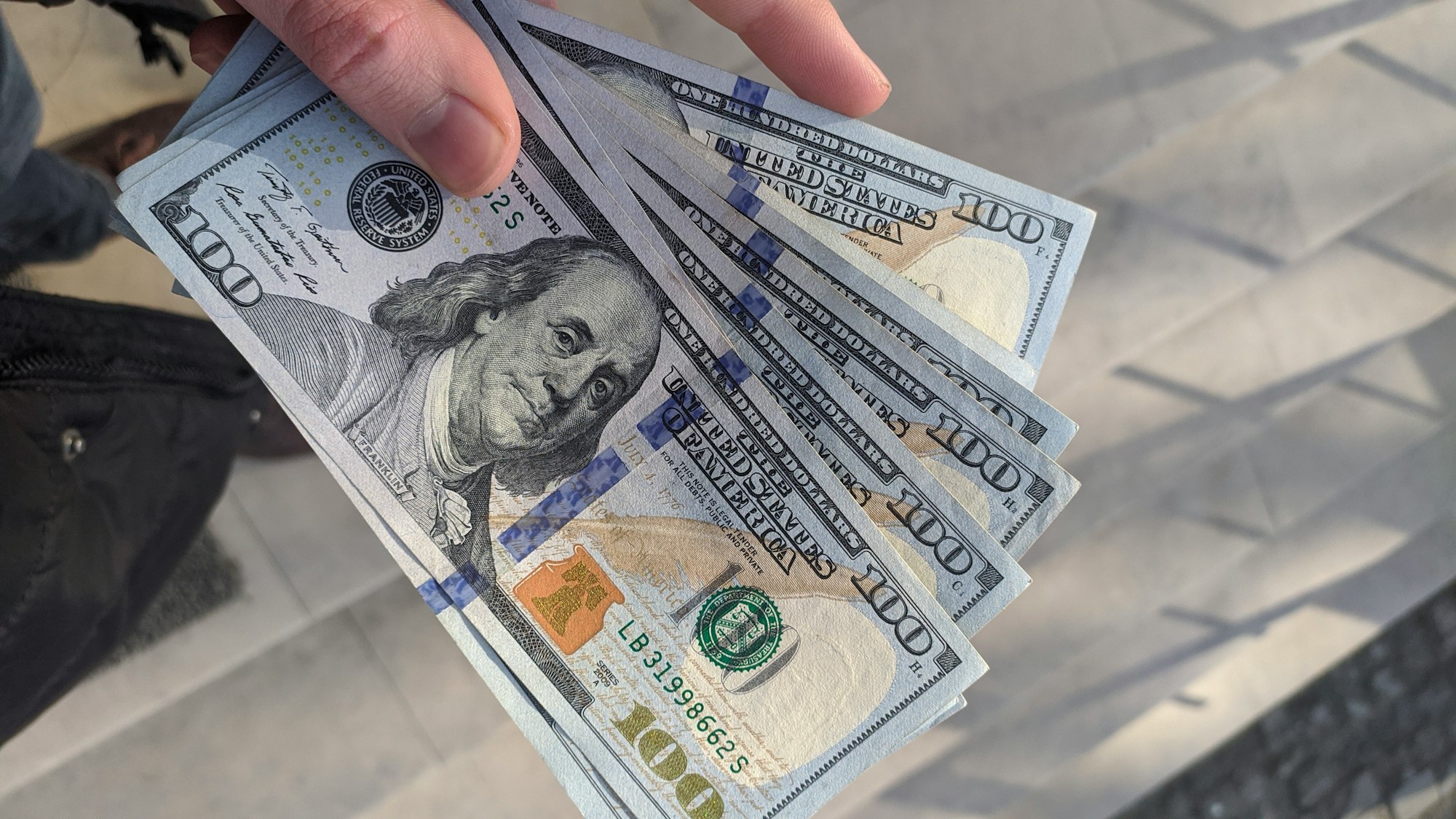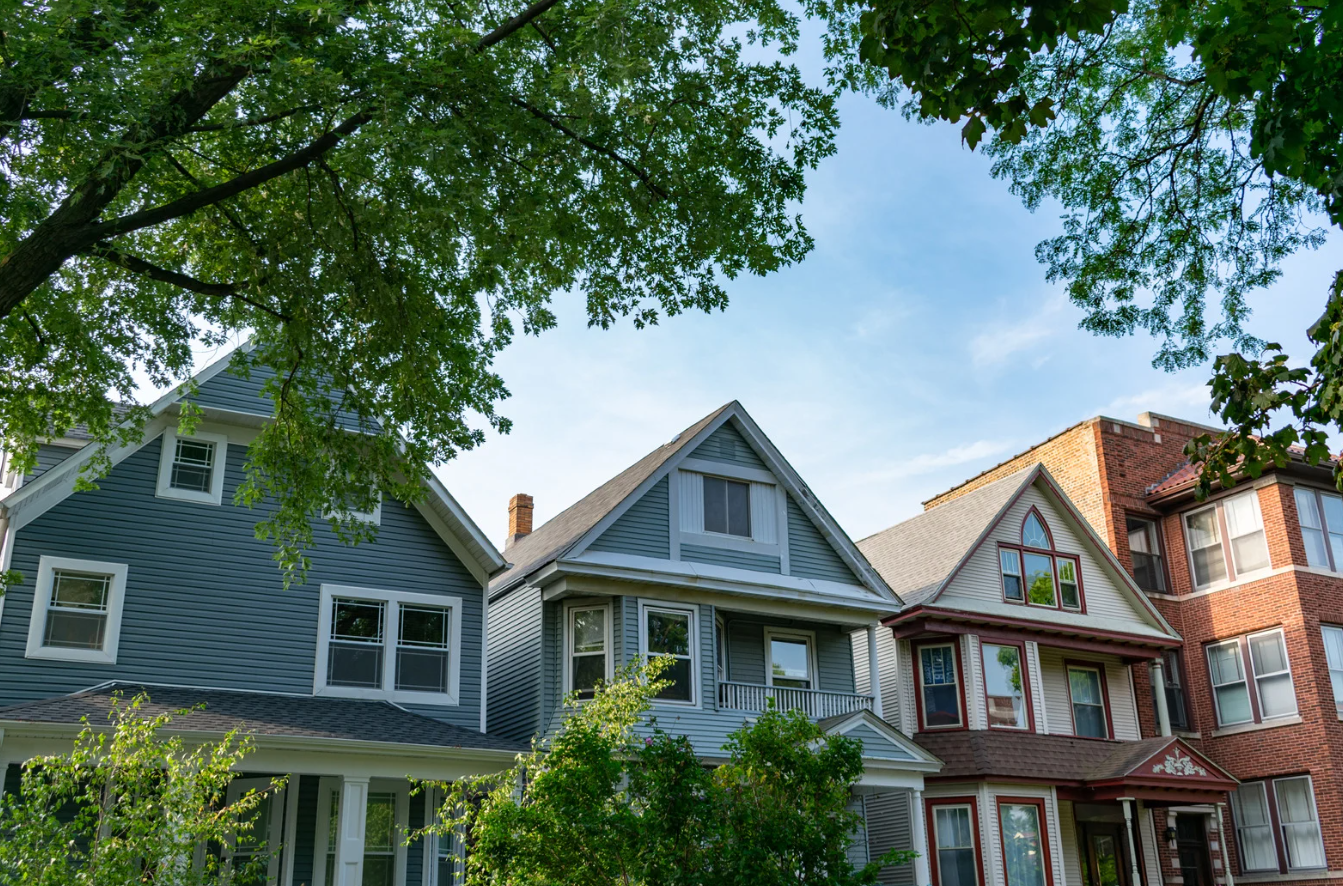Whether saving money for a house on a small salary or wanting to purchase a dream home, many first-time homebuyers don't realize how easy it can be to get your finances in order. As you research home values and figure out how much you want to spend, these expert tips can help you stack up for your first down payment.
Make It Real
Want to buy your first home? Then it's time to get real about your goals. Here's a quick rundown of what experts suggest to do before your first home purchase:
Create a "First Home Fund" savings account
Cut down on unnecessary expenses
Reduce current housing costs
Research mortgages, interest rages, and home values in areas you like
Stick to your budget
Pick up a side hustle
In addition, set a goal by checking home values and determining how much house you can afford. If you are saving for a $300,000 house, and you've got very little to start with, then you know you'll need to budget more and live frugally.
Understand the Home Buying Process
First-time homebuyers may solely look at home prices on Zillow or Trulia. While you should calculate mortgage prices, you also have to factor in a down payment and earnest money costs.
A down payment is typically 20% of the total home price. Earnest money is a deposit paid to the seller that shows the buyer's good faith. Depending on the asking price, this may be $5,000 to $10,000 or more.
In addition, you want to have a very high income-to-debt ratio and decent credit score if applying for a mortgage. Typically, brokers only want to work with credit scores above 600, but there are some who are willing to go lower with a high-interest rate.
Hopefully, this doesn't scare you from buying a home, but it should motivate you to save as much as possible before you start your home search. Once you know how much you'll need for a down payment, earnest money, and first mortgage, you'll be able to plan and budget your finances appropriately.
Reduce Current Rental Costs
Renting a large apartment over $1,000 per month? You may want to think about downsizing so you can save more of your income. The whole point of buying a home is to stop renting and own your own property. This is a step in the right direction if you find yourself paying exorbitant rental costs for a fraction of what you'd own if you bought a house.
Save & Track Your Expenses with Mobile Apps
How much do you spend on take-out? How did you spend $300 on Amazon? These expenses probably were impulse purchases, but now that you're saving for a home, you should keep track of what you're spending.
Pick one of the free apps out there that can help you budget, track spending, cut down on expenses, and even automatically save money in a separate account:
Acorns
Simple
Qapital
Digit
Dave
Chime
Clarity Money
EveryDollar
Personal Capital
When you know what you're spending money on, you can reduce spending and put those extra dollars into your first home fund.





